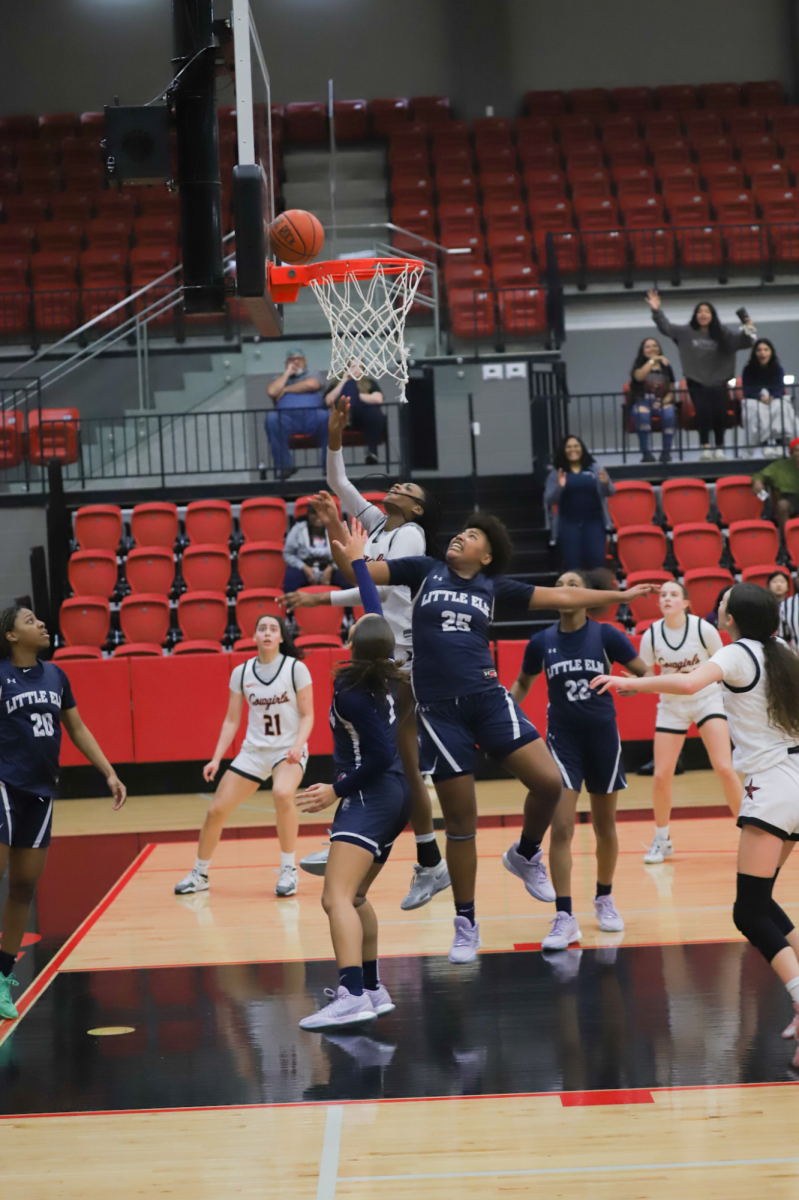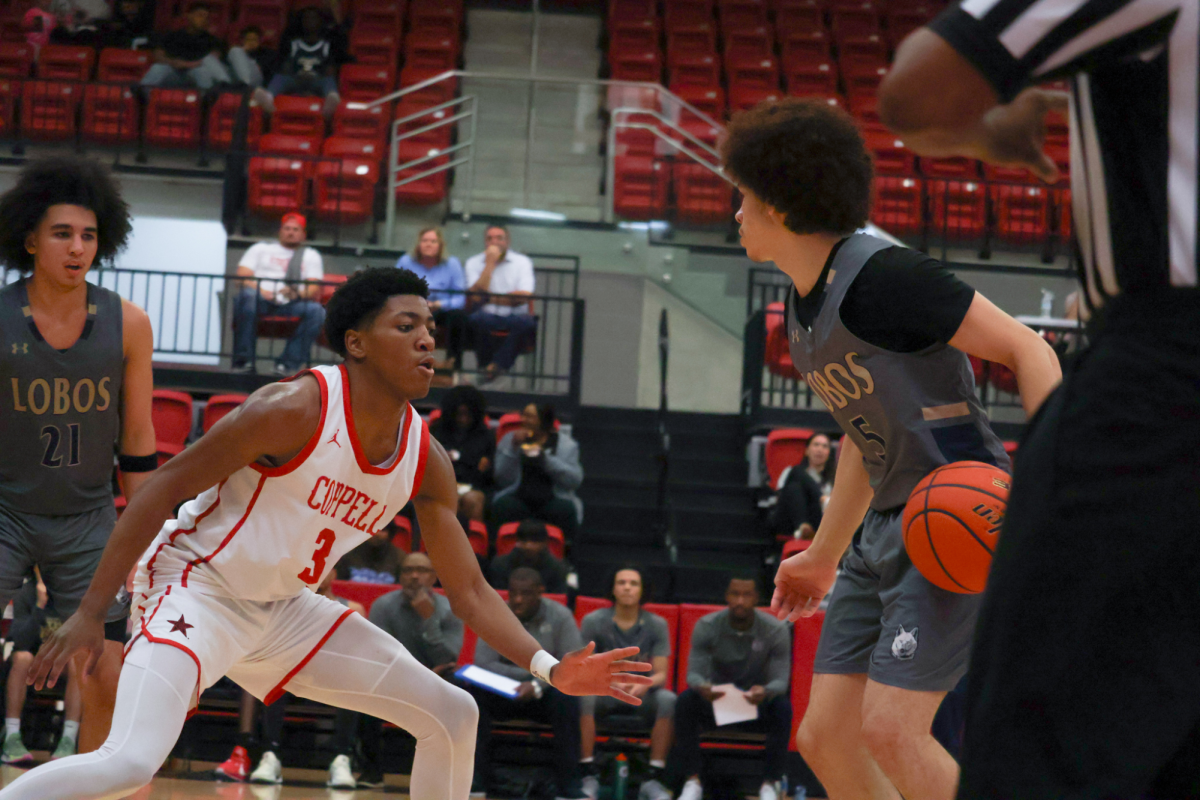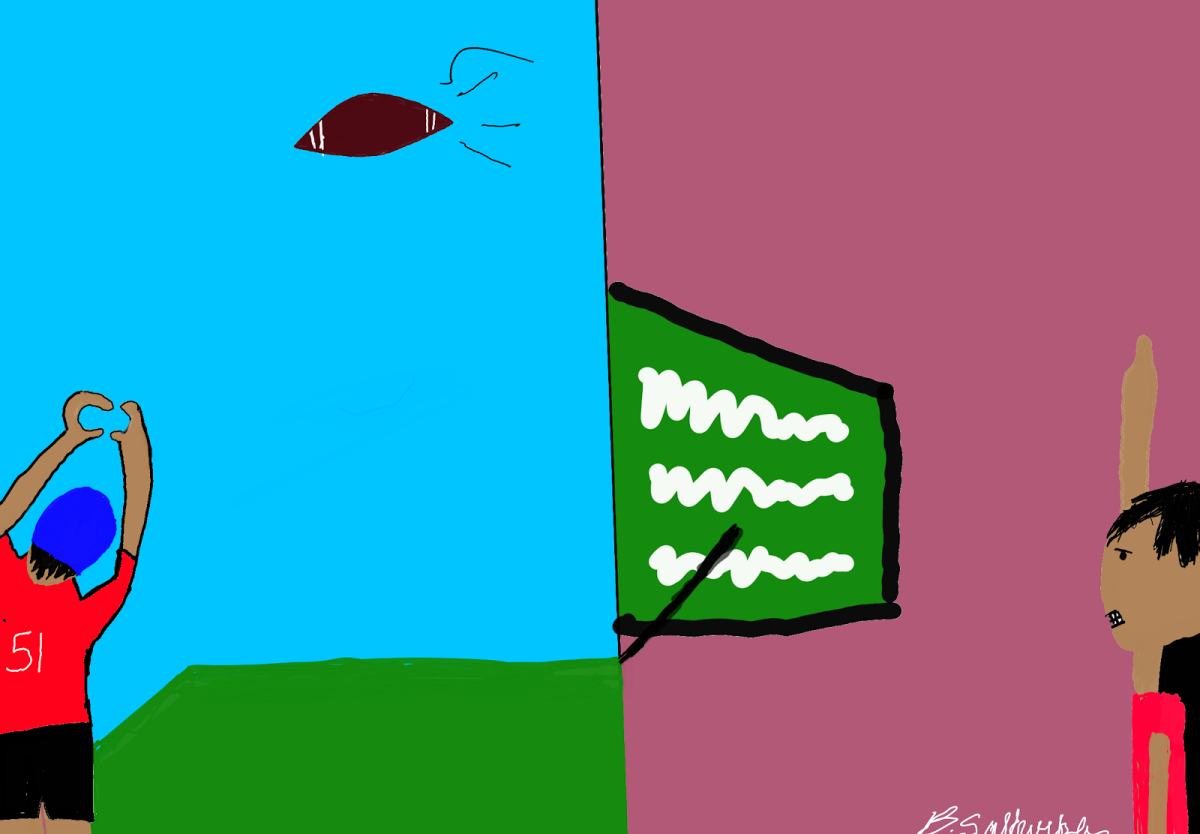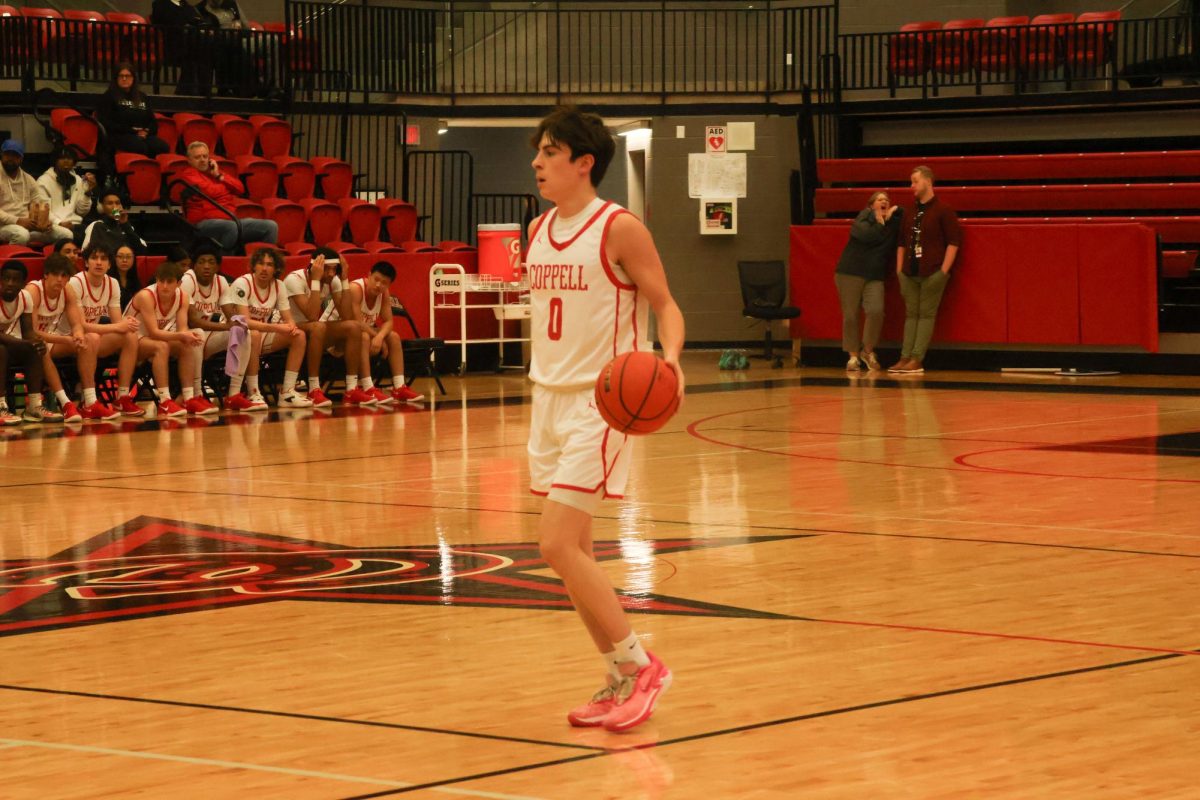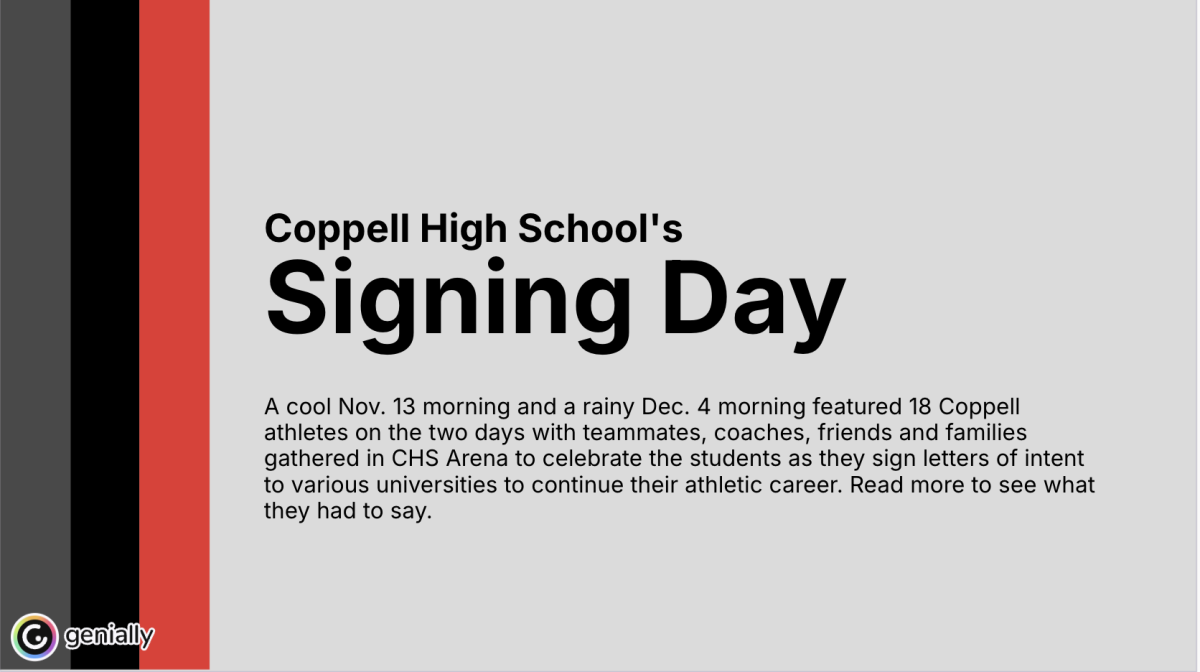
By Wren Culp
Staff Writer
For star quarterbacks, point guards and hockey goalies alike, ethics plays an important role in sports. But what happens when players lose their temper and throw judgment out the window?
Let’s reflect back a couple years to 2004. The NBA is thriving, and the Indiana Pacers are playing the Detroit Pistons at The Palace in Auburn Hills. One bad foul led to another and a small skirmish broke out between the teams.
Then, as everything seemed to be cooling down, Indiana’s Ron Artest and Stephen Jackson were provoked into charging the stands, where they fought with fans in the game’s final minute. The brawl forced an early and ugly end to the Pacers’ 97-82 win.
After several minutes of fighting, a chair, beer, ice and popcorn were thrown at the Pacers as they made their way to the locker room.
Doling out some of the harshest penalties ever issued by the NBA, Commissioner David Stern banned nine players for a combined 143 games following the brawl in Detroit which embarrassed fans, players and officials alike.
But this is not the only case of temper tantrums and wrong moral decisions in professional sports. Reports of baseball players storming the pitching mound, hockey players battling it out on the rink and professional soccer players completely losing it are splashed across the news on a daily basis.
“Pro athletes are paid to be calm in situations that require them to be”, sophomore Justin Johnsen said. “They should be used to smack talk since they are in the pros.”
But it’s not just the athletes that seem to lose their temper and emotions; many fans also have hot heads.
At the football game between Southlake Carroll and Coppell on October 9th 2009, some Coppell students showed poor judgment and decided to throw plastic water bottles and other items onto the field during the halftime show.
“It’s not ok to lose your temper and take it out on someone else,” freshman Tyrone Matherson Jr said. “There are more appropriate times to let out your frustration or anger.”
Poor judgment by players and fans can lead to injuries, fines and even death.
“It’s not ok for players or fans to lose tempers and take it out on someone else,” freshman football coach Clint Rushing said. “It’s wrong and someone is going to get hurt eventually.”
The biggest fine ever given to a professional athlete was issued to the former NBA player Latrell Sprewell to the amount of $6.4 million. In 1997, Sprewell choked Golden State Warriors coach, P.J. Carlesimo in a pre-season practice. Sprewell was suspended for the entire season and forced to pay the fine.
Now, when an athlete is punished for doing something unethical, their punishment is usually more than just a fine. Charities seem to be reaping the benefits of the fines issued to professional athletes.
Even though most athletes have their own charities or work through their league’s charity, local charities receive donations from fined athletes.
But does a simple fine help someone learn their lesson? Some aren’t sure.
“Giving a professional athlete a fine in money is nothing to them,” sophomore Stefan Babirak said. “It means nothing because they make so much money.”
Lately, suspensions from games have gone side by side with fines for all sports. The whole goal is to learn what effect the person who is suspended has on the team when they are fined and suspended.
Tempers rage all over the place in today’s society, and the the glamorous world of sports, is no exception.



